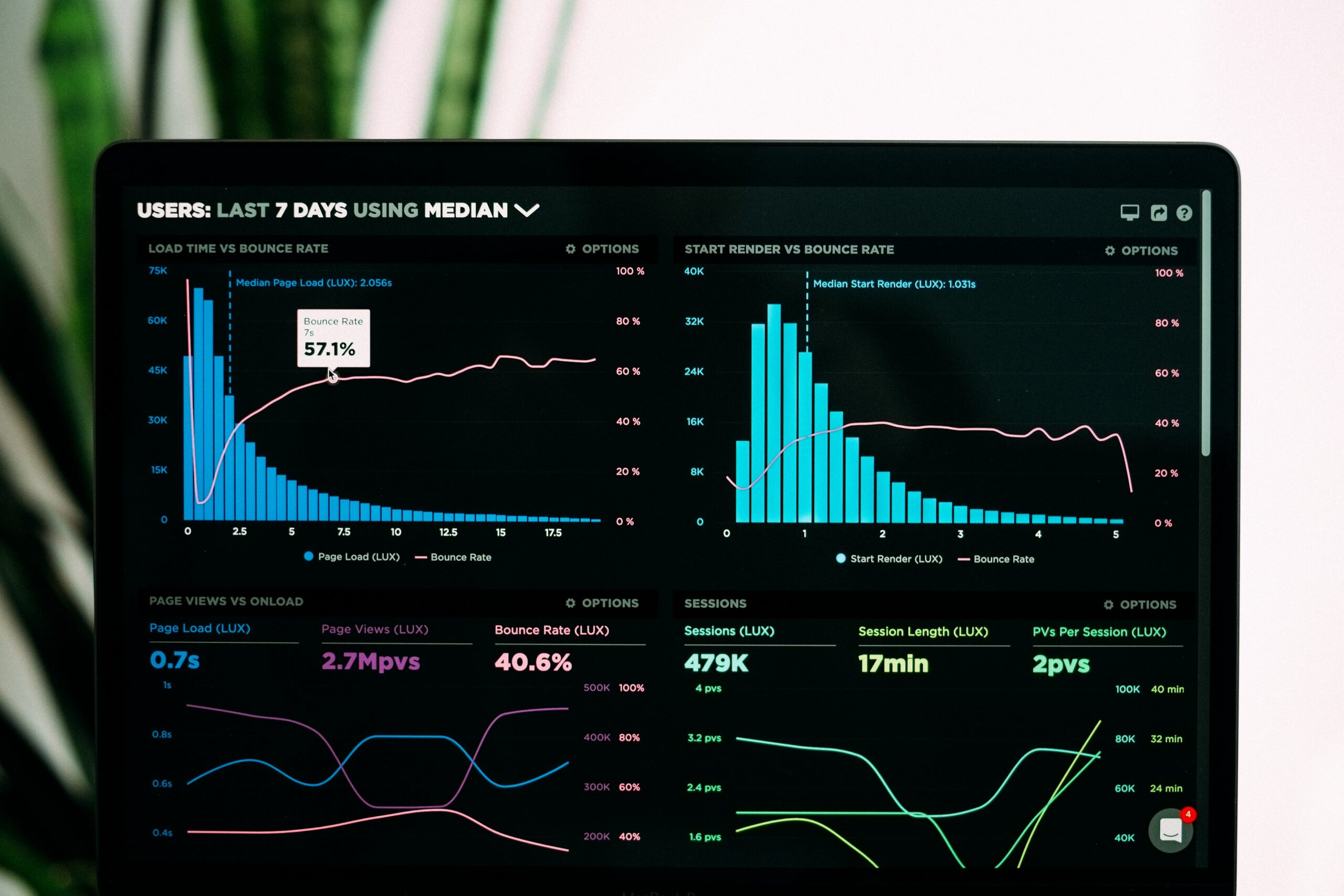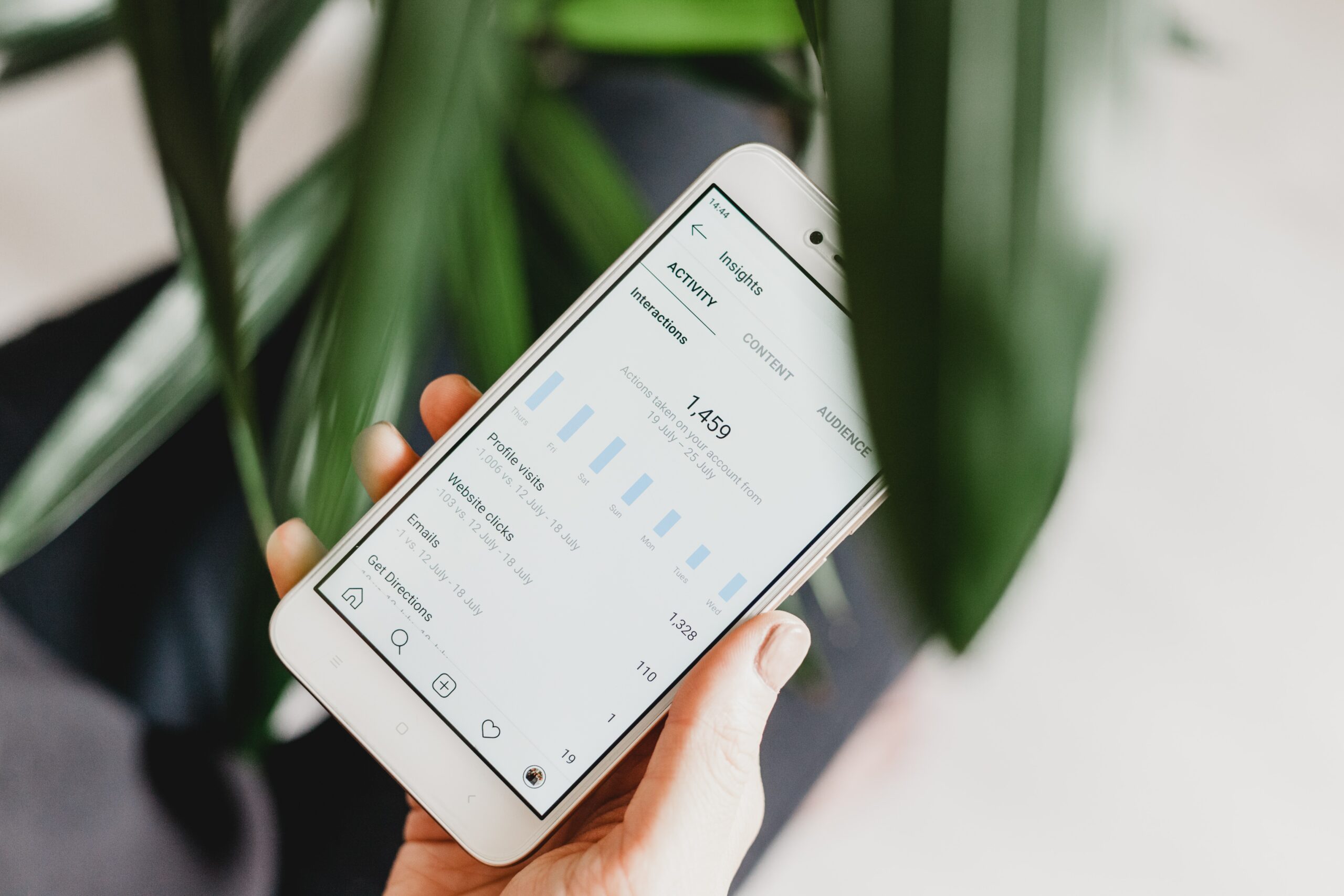Influencer marketing has been a major disrupter in modern advertising and brand engagement strategy development.
Unlike traditional marketing levers, partnering with influencers gives businesses better access to untapped consumer markets, allowing them to reach new audiences and create deeper relationships with current and potential customers.
Table of Contents
- Influencer marketing has been a major disrupter in modern advertising and brand engagement strategy development.
- Why Is It Important to Measure Influencer Campaign Success?
- Demonstrates ROI
- Allows for Better Targeting
- Provide Valuable Business Insights
- Metrics and KPIs for Influencer Marketing Campaigns
- Engagement
- Impressions
- Traffic
- Sales
- How to Measure Success with Influencer Marketing Campaigns
- Use Affiliate Links
- Add UTM Parameters
- Ask for Influencer’s Data
- Get the Most Out of Influencer Marketing Campaigns
For many quickly developing brands with new products or services to showcase, influencer marketing has been the go-to avenue for creating a surge of interest and expanded brand visibility across multiple social platforms.
There are now so many established influencers and micro-influencers online that business campaigns can easily be tailored to reach specific demographic groups and customer personas when the right partnerships are established.
But with so many influencer marketing funnels available to explore, how do brands know where the best use of their marketing budgets and resources should be focused?
The key is to extract relevant influencer marketing insights through the right balance of reporting and analysis.
Why Is It Important to Measure Influencer Campaign Success?
Influencer marketing can be a catalyst for the viral success of both brand-new and well-developed brands. Influencers help bring awareness and excitement to newly discovered products and services through their unbiased and well-respected endorsements, which can lead to significant gains in brand engagement and sales across multiple digital platforms.
The success of any influencer marketing campaign, however, depends heavily on the right partnership choices a brand makes early in the process.
To ensure a successful influencer marketing campaign, it’s important to measure the effectiveness of each influencer’s impact and optimize the strategy accordingly. This impact can be categorized for businesses in the following ways:
Demonstrates ROI
Measuring the Return On Investment (ROI) of any marketing initiative is fundamental to the success of any business. It can be easy to blindly justify high sponsorship costs when working with influencers who have an extensive list of followers, but if the outcomes are not capable of being tracked or analyzed, then it can be difficult to measure over time.
It’s essential to truly understand the objectives when engaging with influencers and have in place measurable Key Performance Indicator (KPIs) that can be tied back to tangible ROI outcomes.
Allows for Better Targeting
One of the reasons why influencer marketing has become an invaluable tool for businesses is that influencers often provide access to consumers that are hard to reach. Many brands often struggle with gaining market share on their own through traditional marketing mediums when competing with other brands with access to extensive marketing budgets.
Finding the right influencers can help bridge this gap, opening up new opportunities for higher engagement with potential customers who may not be familiar with the brand. Gaining a deep understanding of the influencer’s following and how the content they produce resonates with their audience can help identify whether or not a partnership makes sense.
Provide Valuable Business Insights
Taking the time to measure a campaign’s success helps businesses unlock truly invaluable insights. ROI isn’t always defined by attributed sales and lead generation. By having the right influencer partnership in place, companies are able to extract meaningful information about their intended audiences, the type of content they prefer, quality controls, and other data points that can help refine their future marketing initiatives.
Metrics and KPIs for Influencer Marketing Campaigns
When measuring the relative performance of an influencer marketing campaign, this can only be achieved by capturing KPIs relevant to its success. While not all campaigns may have the same end goals in mind, overall, most businesses should be looking for the following metrics when assessing the performance of any influencer-driven campaign:[1]
Engagement
Engagement is a critical metric for measuring how well an influencer marketing campaign is being received by its audience. Engagement can be defined in various ways, including likes, comments, shares, and overall interaction with sponsored content on social media platforms. High engagement rates indicate that the audience is actively reading or sharing the content they receive and may be interested in the product or service being promoted.
Source: RivalIQ
Impressions
Impressions are another vital metric that refers to the number of times users on social media platforms viewed a piece of content. While this metric doesn’t necessarily attribute converted sales activity, it does help businesses understand the total reach of influencer campaigns and how many people were exposed to their messaging.
Traffic
Traffic refers to the number of visitors who click through from an influencer’s post to a website or landing page. Increases in site traffic can produce many direct and indirect benefits to a business by putting more eyes and ears on products and services and improving social signals.
By analyzing their traffic, companies can optimize how influencer campaigns are executed and help strengthen their approaches with their partners.
Sales
Sales are one of the most important metrics for measuring the success of any influencer marketing campaign. While this metric may not always be the easiest metric to capture directly from influencer audiences, there are a variety of ways businesses can go about tracking sales generated through their partnerships.
Through the use of special tracking links, coupon codes, and other tools, businesses can successfully attribute a percentage of sales activity to their influencers and measure how impactful they were in driving new conversions.
How to Measure Success with Influencer Marketing Campaigns
Choosing the right influencer partnerships and KPIs to track are both important when creating influencer marketing campaigns but aren’t the only part of the process. To get the most out of their marketing investments, businesses can take other proactive steps to contribute to the overall success of their campaigns.
Use Affiliate Links
Using affiliate links is a great way to measure the success of an influencer marketing campaign. These links allow businesses to track how many people clicked on the link and made a purchase or completed another relevant action. This helps businesses determine which influencers are driving sales to their business and allows them to understand who is providing them with more visibility.
If brands choose to use affiliate links in their campaigns, it’s important to clearly communicate with influencers exactly how they should be used. While some influencers may hesitate to use affiliate links because they don’t want their followers to think they’re creating content strictly for monetization, for the ones that do, it’s important to create format consistency to measure results accurately.
Set Goals
Whether it’s increasing brand awareness or driving sales, having specific objectives in mind will help guide the influencer marketing campaign and make it easier to measure success.
When setting goals, it’s important to ensure they align with overall business objectives. For example, if a company is focused on building its email list, then working with an influencer with a large social media following may not be as effective as partnering with someone with a smaller but highly engaged audience.
It’s important to remember that not all influencers are valuable strictly for their ability to convert sales directly. Some influencers may be better suited to help build brand awareness and engage with their audience, which can ultimately lead to increased sales down the line.
Add UTM Parameters
UTM parameters are tags that can be added to URLs in order to track website traffic from specific sources. By adding UTM parameters to links shared by influencers, businesses can track how much traffic is coming from each post and identify which platforms or influencers drive the most traffic.
When using UTM parameters in an influencer campaign, brands should create unique URLs for each post is essential to differentiate between them once the data starts rolling in. Also, the naming conventions should be consistent.
While UTM parameters cannot capture data beyond clicks and are limited in the insights they can provide, they show where the audience is coming from and can help to prioritize where the budgets are allocated.
Ask for Influencer’s Data
When creating a successful influencer partnership gaining transparency into their audience is key to success. While most influencers won’t be able to provide the exact number of conversions they generate, they can share their overall reach, impressions, and other metrics that will help to measure the success of a collaboration.
When establishing a new partnership, brands should inquire on accessing data points from their influencers’ followers, such as:
Demographic breakdown: age range, genders, and locations
Engagement rate: average number of likes/comments/shares per post
Reach: total number of followers across all platforms
Performance metrics: CTR (Click-Through-Rates, Cost Per Conversion, Sales Volume, etc.
The more information brands have about their target audience, the better equipped they’ll be to tailor campaigns appropriately.
Get the Most Out of Influencer Marketing Campaigns
While influencer marketing has proven to be a catalyst for driving brand awareness and engagement, it’s important to ensure the strategies are well thought-out and data-driven. By leveraging these tips, businesses can maximize the reach of their campaigns to generate measurable results.
Sources:
[1]https://www.businessnewsdaily.com/12012-measure-success-social-media-influencers.html





